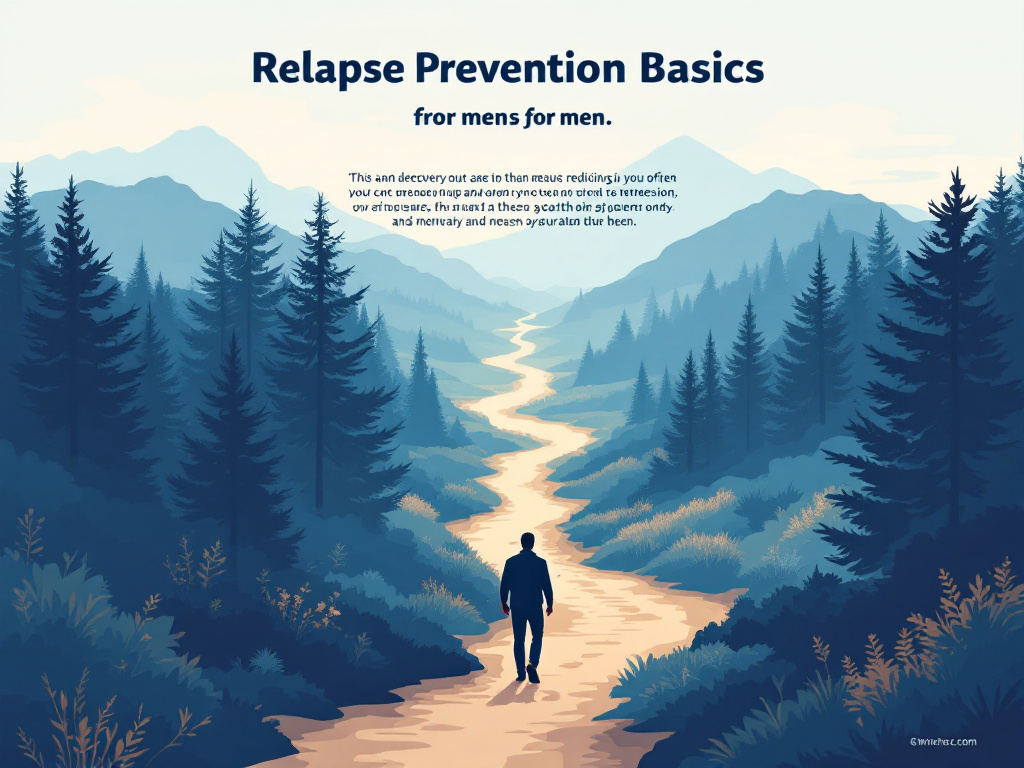Facing the possibility of rehab can feel overwhelming. You may already be asking yourself questions to ask when considering rehab, such as whether your struggles signal a deeper issue, which treatment setting aligns with your needs, and how to build a support plan that lasts. Whether you’re a high-functioning professional, a father trying to stay present, a veteran grappling with service-related stress, or a loved one noticing alarming changes, you deserve clear answers delivered with empathy. This guide walks you through the essential questions to clarify your situation, compare options, and prepare for a recovery path that fits your life.
Recognize warning signs
Understanding whether your substance use has crossed a threshold is the first critical step. You might hesitate to label yourself an addict, but honest self-reflection can reveal patterns that warrant professional help.
Ask yourself:
- Are you using more than you intended, or finding it hard to cut back?
- Have friends or family expressed concern about changes in your behavior or mood?
- Do you rely on alcohol or drugs to unwind from daily stress, even when it affects your performance at work or home?
- Have you noticed withdrawal symptoms—like irritability, nausea, or insomnia—when you try to stop ([understanding withdrawal symptoms])?
- Are you experiencing memory lapses, neglected responsibilities, or risky situations to sustain your habit?
Pay attention to physical and emotional changes. Long-term substance use can alter your brain chemistry, making cravings stronger and decision making harder. Learning more about how addiction affects your mental health can shed light on why you feel stuck ([how addiction affects mental health]). If these signs resonate, you’re not alone—and acknowledging them moves you closer to help.
Assess readiness for treatment
Committing to rehab involves more than checking into a facility. You need to feel prepared to engage fully in the process and embrace the support offered.
Key questions to consider:
- Are you ready to be vulnerable and share openly in individual or group sessions?
- Can you set aside the time—often 30 to 90 days—for an inpatient program, or adjust your schedule for regular outpatient visits?
- Do you have a support system—friends, family, coworkers—who can encourage your decision and help with logistics?
- Are you financially prepared or have you explored insurance coverage for addiction treatment?
- What are your goals for recovery, and how will you measure progress ([setting goals for recovery])?
Reflect on your motivations. Recovery demands honesty with yourself and others. If you’re still ambivalent, speaking with a counselor or addiction specialist can help you gauge your readiness. They can also explain what happens in a medical detox so you know what to expect if withdrawal care is needed ([what happens in a medical detox]).
Compare care settings
Choosing between inpatient and outpatient care shapes your daily life during recovery. Each setting offers distinct advantages based on your needs, obligations, and level of addiction severity.
Here’s a quick comparison:
| Feature | Inpatient care | Outpatient care |
|---|---|---|
| Program structure | 24/7 support in a residential environment | Scheduled sessions while you live at home |
| Level of supervision | Constant medical and peer support | Periodic check-ins with therapists and counselors |
| Intensity of therapy | Multiple daily therapies and group meetings | Fewer sessions—often several times per week |
| Distraction management | Minimal external stressors, away from daily triggers | You return to daily life, facing work and family pressures |
| Flexibility | Less flexible; you commit fully to the facility’s schedule | Greater flexibility, ideal if you have stable living conditions |
| Cost considerations | Generally higher due to room and board | Often lower, depending on session frequency |
Decide what aligns with your lifestyle and risk factors. If you’ve experienced relapse in the past or face significant triggers at home, inpatient care may provide the structured environment necessary for stabilization. For those with steady housing, reliable transportation, and a supportive network, outpatient programs can offer continuity without full residential commitment ([differences between inpatient and outpatient care]).
Evaluate therapy approaches
Treatment works best when it fits your personal needs. You’ll want to inquire about the specific therapies and models a facility uses.
Important options to explore:
- Evidence-based therapies: Cognitive behavioral therapy, motivational interviewing, dialectical behavior therapy ([what is evidence-based addiction therapy])
- Group therapy: Peer support and shared experience, crucial for building camaraderie ([benefits of group therapy for addiction])
- Medication-assisted treatment (MAT): Combining science-backed medications with counseling to reduce cravings ([what is medication assisted treatment (mat)])
- Trauma-informed programs: Address past trauma safely, preventing retraumatization ([what is a trauma-informed addiction program])
- Gender-specific treatment: Men-only groups can foster trust and openness ([how gender-specific treatment helps recovery])
- Holistic vs traditional methods: Yoga, meditation, art therapy or nutrition counseling alongside psychotherapy ([holistic vs traditional addiction treatment methods])
Ask the facility:
- Which approaches have shown the highest success rates for patients like you?
- How do therapists customize treatment based on your history, preferences, and co-occurring conditions ([understanding co-occurring mental health and substance abuse])?
- Will you have one-on-one sessions in addition to group work ([role of therapy in addiction treatment])?
A blend of modalities often yields the best results. Ensuring your therapy plan aligns with evidence-based practices and your personal comfort level helps you stay engaged and motivated.
Examine facility environment
The setting you choose can influence your comfort and focus. Luxury and basic centers alike vary in amenities and atmosphere.
Consider asking:
- What accommodations do you provide? Are rooms private or shared, and what living comforts are included?
- Do you offer recreational activities—arts and crafts, fitness classes, music, live entertainment—that support holistic healing?
- Is nutritional counseling and gourmet meal planning part of the program?
- Are there spa services, saunas, massage therapy, or acupuncture for stress relief and wellness?
- How do amenities enhance recovery by reducing distractions and promoting well-being (Quantum Rehabilitation & Nursing)?
Facility features often correlate with patient satisfaction and retention. A comfortable, supportive environment can reduce anxiety and allow you to concentrate fully on your treatment goals. If amenities like an on-site bakery or beauty parlor don’t matter to you, focus instead on therapeutic surroundings—quiet spaces, walking trails, or group gathering rooms that foster connection.
Plan your aftercare
Completing a rehab program is a milestone, not an endpoint. Sustainable recovery hinges on a structured aftercare plan.
Key questions to guide planning:
- Do you understand the role of sober living homes in easing the transition back to daily life ([what is sober living])?
- What outpatient or alumni programs does the facility offer to maintain accountability?
- How will you build a recovery support network of peers, sponsors, family, and mentors ([building a recovery support network])?
- What relapse-prevention strategies will you learn, and how often will you revisit them ([relapse prevention basics])?
- Are regular follow-up assessments part of your aftercare for at least one year? Data shows staying engaged for 12 months boosts long-term success [1].
Mapping out concrete steps—including therapy check-ins, support-group attendance, exercise routines, and healthy hobbies—creates a safety net as you reintegrate. A personalized aftercare schedule reduces the risk of slipping back into old patterns, especially during high-risk periods after discharge.
Take your first steps
Once you’ve gathered answers, it’s time to act. Clarifying your questions empowers you to make informed decisions and approach recovery with confidence.
Actions to consider:
- Consult an addiction specialist or trusted medical provider to review your findings.
- Arrange a tour or virtual visit to one or two facilities, asking “what should you expect visiting a rehab center” ([what should you expect visiting a rehab center]).
- Verify insurance coverage and financing options, ensuring you understand duration-based costs ([why rehab programs vary in duration]).
- Reach out to family or friends for support in logistics and emotional encouragement.
- Prepare for medical detox if needed, understanding each step ([what happens in a medical detox]).
- Write down your personal goals, treatment preferences, and non-negotiables to share with admissions staff.
Remember that seeking help is a sign of strength, not weakness. Every question you asked—about warning signs, treatment types, facility features, and aftercare—brings you closer to a recovery path tailored to your life. You do not have to navigate this journey alone. Reach out today to explore options and take that crucial first step toward lasting change.





